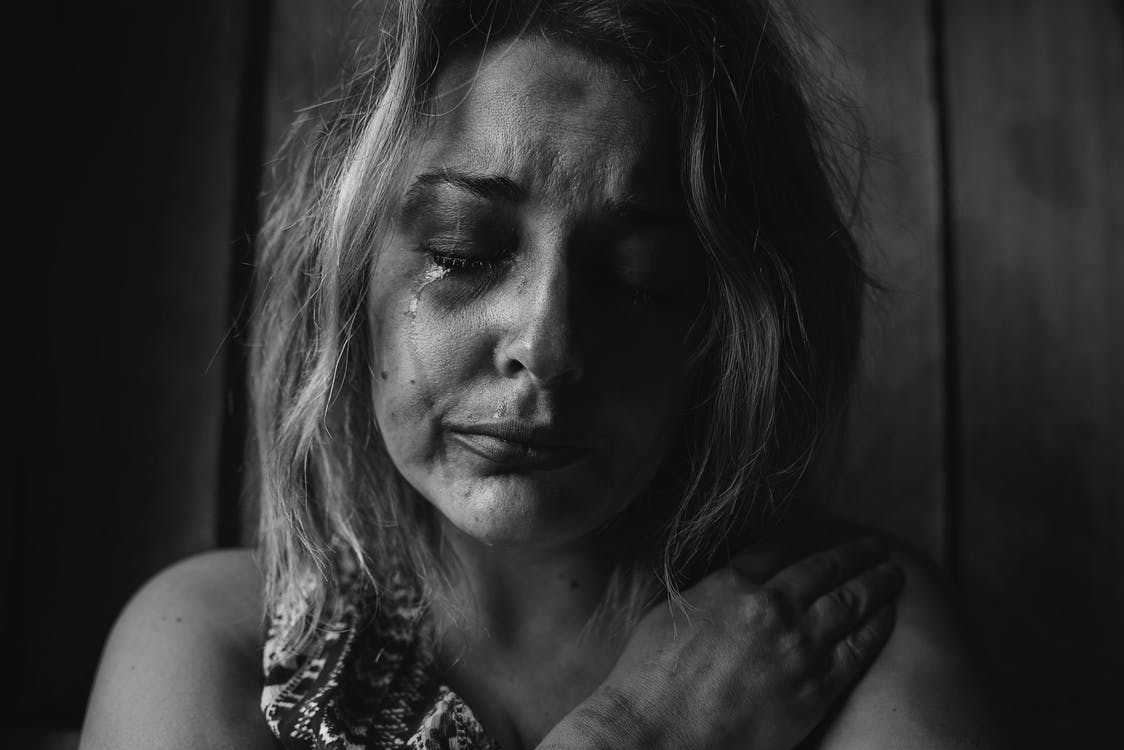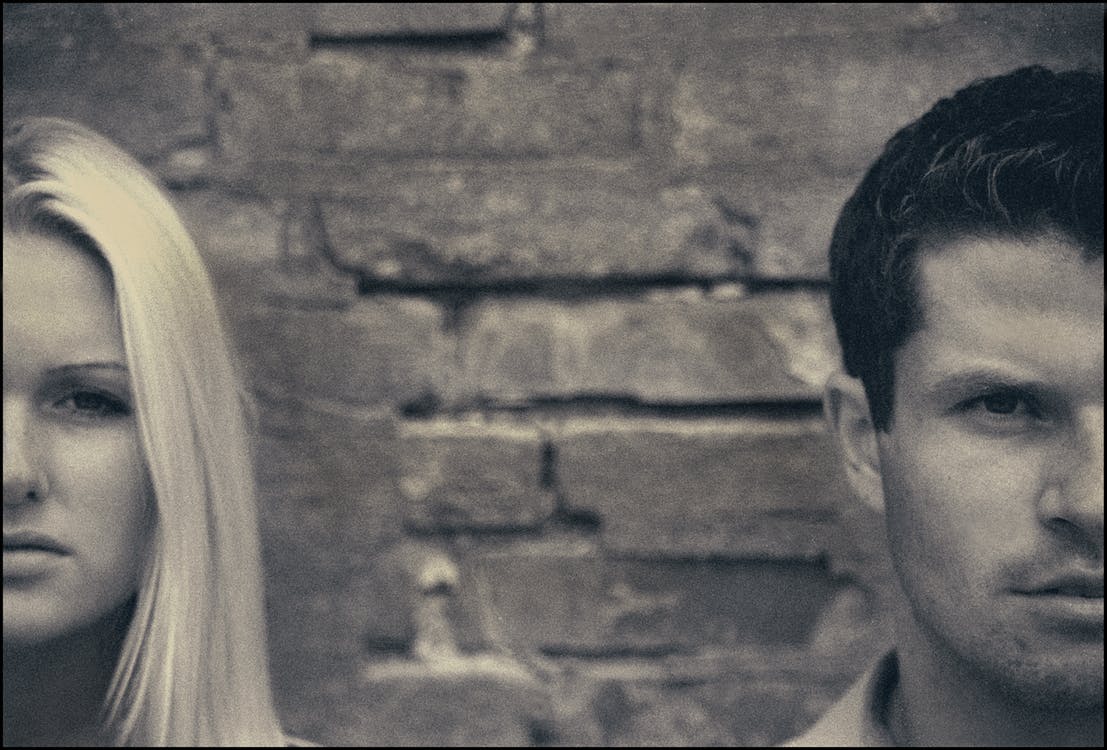When you are in an abusive relationship, it can be difficult to see through your own affection for your partner. A lot of the time, it's a struggle to cope with your partner because they were never like this before, or they say they are going to change. According to the National Domestic Violence Hotline, many abusive partners may seem absolutely perfect at first, and warning signs that appear to be nothing in the beginning become real problems later. Abusive relationships come in many different forms: some are physical, some are emotional, and there can be even financial abuse, sexual abuse, and digital abuse.

Warning signs
According to The National Domestic Violence Hotline, there are many signs of abuse that you may not pick up right away. Here are major signs that you partner may be abusive. They:
- Tell you that can’t do anything right
- Are extremely jealous of your friends and time spent away
- Discourage you from seeing your friends or family members
- Insult or shame you with put downs
- Take your money or refuse to give you money for necessary expenses
- Act in ways that scare you
- Control who you are allowed to see and not see
- Make decisions for you
- Destroy your property or threaten to hurt or kill your pets
- Intimidate you from with weapons of any kind
- Pressure you into having sex when you don’t want to or do other things you are uncomfortable with
- Pressure you into using drugs or alcohol
Physical Abuse
A lot of the most overt cases of abuse that are most visible are physical abuse. These are probably the most reported cases as they are easily identifiable. Here is how you can tell if your partner is physically abusive:
- They pull your hair or punch, slap, kick or choke you. They may do anything that causes physical harm
- They forbid you to eat or sleep
- They hurt you with weapons
- They stop you from calling the police
- They drive recklessly as to put you in danger
Emotional Abuse
Emotional abuse is something less commonly reported, as a lot of people aren’t aware they are actually in an emotionally abusive relationship. These are some tell-tale signs that you are in an emotionally abusive relationship. Your partner:
- Calls you names, insults you, and constantly criticizes you.
- Never trusts you and act jealous or possessive
- Tries to keep you from your friends and family
- Blames you for the abuse
- Gaslights you to make you think you’re going crazy
- Threatens to hurt you
- Accuses you of cheating and being jealous of your outside relationships
- Serially cheats on you and then blames you for it
- Attempts to control your appearance
- Tells you that you will never find anyone better

Why do people abuse?
People abuse because it provides them with an outlet to gain power and control over someone. Any one can be a victim of abuse. It happens regardless of gender, age, sexual orientation, race or economic background. If you are being abused, you might feel confused, afraid, and angry. But it also feels like there’s nothing you can do, because your partner has taken control and is using the power to make you feel weak and helpless. Remind yourself that you are not weak or helpless.
Why stay?
There are many reasons why people stay in abusive relationships, such as fear, embarrassment, low self-esteem, love, or cultural and religious reasons. Someone from the outside cannot understand what a victim is going through, so trying to understand that it's not that easy to leave is important.
What to do in an abusive relationship
Calling for help isn’t easy. Accepting there is a serious problem is the first step, but after that you need to call for help. Create a safety plan to remain safe when trying to leave an abusive relationship. The first thing to do is to identify the level of force so that you can assess the risk of physical danger to you if you attempt to leave. If the danger is imminent or intense then you may need to call the police immediately. However, calling The National Domestic Violence Hotline is a great start as they can help you assess your situation and help you choose the best course of action.
After you leave
When you are finally out of your toxic enviornment, it is important that you continue seeking help, as trauma can still affect you. Here are some steps to take to help you stay out of your relationship for good:
- Cut off your toxic partner entirely, meaning delete everything about them on social media, phone number, address, etc.
- Surround yourself with a support system. Take time to be with your friends and family and let them shower you with affection and love.
- Take care of yourself. First, don't blame yourself for the relationship it is not and never your fault, then try to find the things that made you happy before. Like reading books, or going to the movies. Maybe even try new things that you aren't sure about but excite you. Your world has opened up now use it to its full advantage!
- Although recovery will not be smooth remember that you will get better with time.
- Consider counseling. Its hard to do this on your own, and having your family and friends to help is great, but it might be better to use a professional to help you through it.

Being in an abusive relationship is not your fault and you should never feel embarressed to ask for help. If you find yourself in this type of relationship, whether it is physical or emotional, always seek help from who ever you can. Contact The National Domestic Violence Hotline to create a plan for recovery.
References
The National Domestic Violence Hotline
http://www.thehotline.org/resources/victims-and-survivors
http://www.thehotline.org/is-this-abuse/abuse-defined